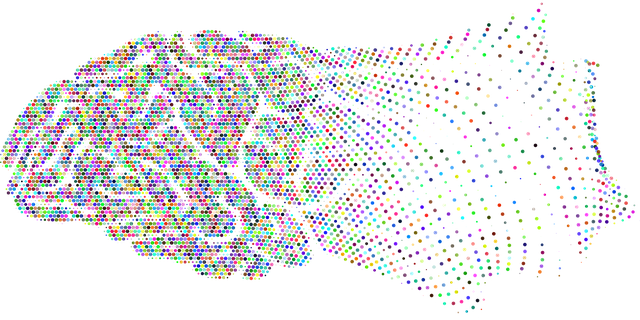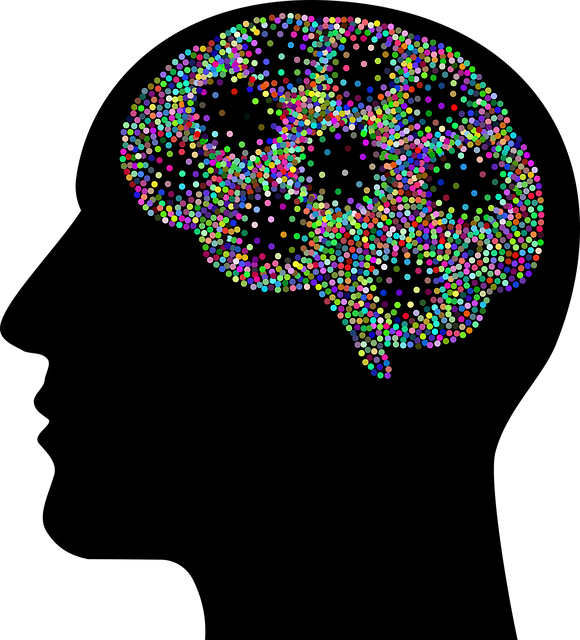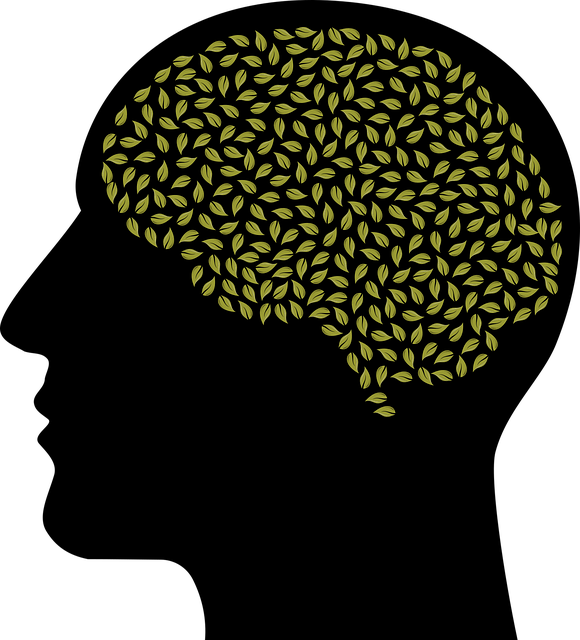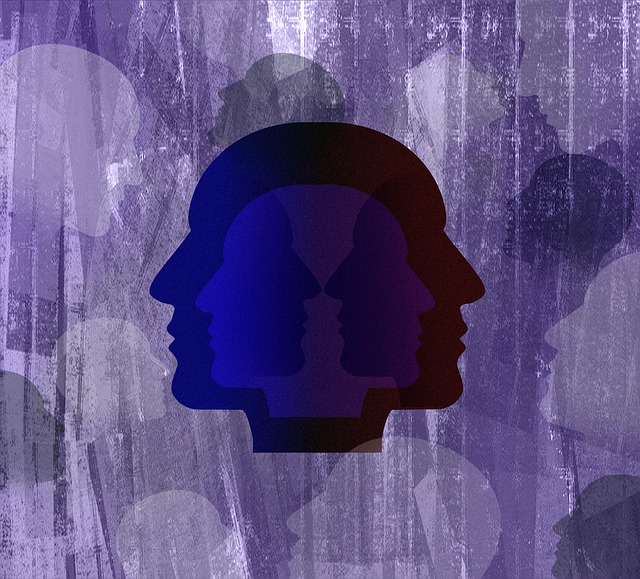Emotional intelligence (EQ) is vital for a successful international adoption process, especially for elders, as it aids in understanding and managing emotions, fostering empathy with culturally diverse children. Targeted therapy focused on EQ development, including inner strength building and mood management, helps elders navigate challenges, form stronger bonds, and adapt to life changes. Public awareness campaigns further emphasize the importance of EQ. Tailored therapy for international adoptions addresses past traumas, builds resilience, and cultivates compassion, enhancing emotional intelligence. Evidence-based techniques teach coping skills, normalize emotional experiences, and support overall well-being, ensuring a smoother transition for all involved.
Emotional intelligence (EI) is a powerful tool for navigating complex relationships, especially in international adoption settings. This article delves into the significance of EI, exploring its profound impact on successful adoptions, particularly for elders transitioning across cultures. We discuss unique challenges faced by elderly adoptees and biological parents, highlighting the need for tailored support. Additionally, practical strategies are presented to enhance EI skills, fostering healthier connections and smoother adjustments in therapy for elders involved in international adoptions.
- Understanding Emotional Intelligence and Its Impact on International Adoptions
- Challenges in Emotional Intelligence Development for Elders in Cross-Cultural Transitions
- Strategies to Enhance and Support Emotional Intelligence in International Adoption Settings
Understanding Emotional Intelligence and Its Impact on International Adoptions

Emotional intelligence (EQ) is a crucial aspect of human interaction and well-being that has gained significant attention in recent years. It refers to an individual’s ability to recognize, understand, and manage their own emotions, as well as empathize with and influence the emotions of others. In the context of international adoptions, EQ plays a pivotal role in fostering successful transitions and building strong relationships between adoptive parents and children.
For elders involved in international adoptions, high emotional intelligence can significantly enhance their experience. It enables them to navigate the challenges that come with adopting a child from a different cultural background, fostering an environment of understanding and patience. EQ helps adoptive parents manage their own mood swings and stress levels, which are common during such transitions. Additionally, it promotes empathy and effective communication, allowing them to connect deeply with their adopted children and support their emotional needs. Through therapy for elders focused on emotional intelligence development, including inner strength development and improved mood management techniques, potential adoptive parents can build the necessary skills to thrive in this transformative process. Public awareness campaigns that emphasize these aspects can further prepare individuals for international adoptions, ensuring a smoother journey for all involved parties.
Challenges in Emotional Intelligence Development for Elders in Cross-Cultural Transitions

Elders experiencing cross-cultural transitions often face unique challenges when it comes to emotional intelligence development. International adoptions can bring about significant changes in their lives, demanding a profound adaptation to new cultural norms and family dynamics. This process may evoke complex emotions, including feelings of loss, confusion, and excitement, all of which require effective management for a successful transition. The elderly individuals’ ability to navigate these emotional shifts is crucial for maintaining their overall emotional well-being.
Therapy for Elders in international adoption scenarios plays a pivotal role in helping them develop and enhance their emotional intelligence. Professional support can provide valuable tools for emotional regulation, enabling them to cope with the stress of cultural adjustments. Through therapy, elders can learn effective emotional well-being promotion techniques and stress reduction methods tailored to their specific experiences. This assistance is essential in fostering resilience and ensuring a smoother transition, allowing them to embrace their new environment while cherishing their unique personal histories.
Strategies to Enhance and Support Emotional Intelligence in International Adoption Settings

In international adoption settings, fostering emotional intelligence (EI) is paramount to support both the adoptive families and the children who have experienced significant life disruptions. Therapy for elders involved in international adoptions can play a pivotal role in enhancing EI by addressing past traumas and building resilience. Mental health professionals should incorporate compassion cultivation practices into their risk management planning for mental health professionals, fostering an empathetic environment that encourages open communication. By teaching coping skills development through evidence-based techniques, families can navigate the challenges of international adoption with greater emotional agility.
Additionally, creating safe spaces for adoptive parents and children to share their experiences and emotions can significantly boost EI. Group therapy sessions that focus on storytelling and shared understanding can help in normalizing the emotional journey, reducing feelings of isolation. Encouraging regular practice of mindfulness and self-care routines further supports mental health professionals in helping families develop robust emotional intelligence, ultimately enhancing the overall well-being and success of international adoptions.
Emotional intelligence (EI) plays a pivotal role in navigating complex international adoptions, especially for elders. By understanding EI’s impact and implementing strategies from therapy sessions to cultural exchange programs, we can significantly enhance support for those involved. Addressing the unique challenges faced by elders during cross-cultural transitions is essential, ensuring they feel valued and equipped to thrive in their new environments. Through these efforts, we foster healthier, more fulfilling lives for all individuals impacted by international adoptions.











